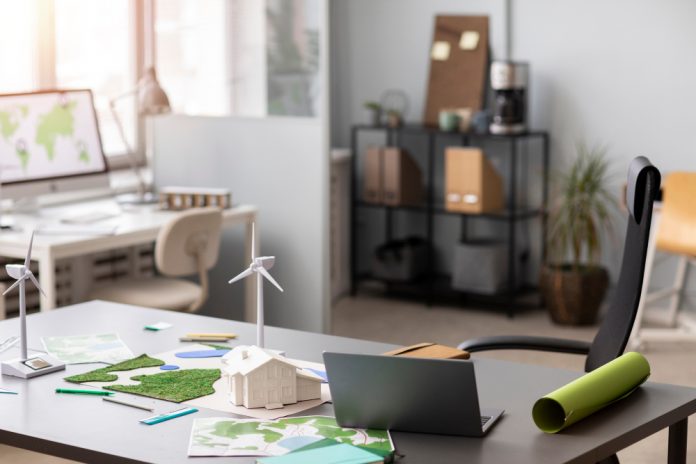Creating a sustainable home can seem like a daunting task, but it’s more accessible than you might think. With a few simple changes to your lifestyle and home, you can reduce your environmental impact and save money on utility bills. In this article, we’ll go over some tips and tricks for creating a sustainable home.
Why is Sustainable Living Important?
Sustainable living is crucial for the health of our planet and the well-being of future generations. By living sustainably, we can reduce our carbon footprint and limit the amount of waste we produce. This helps to reduce greenhouse gas emissions, preserve natural resources, and protect the environment. Additionally, sustainable living can save you money in the long run by reducing energy consumption and waste.
Tips for Reducing Energy Consumption
Reducing your energy consumption is one of the easiest ways to create a sustainable home. Here are a few tips to get you started:
- Switch to energy-efficient light bulbs: LED bulbs use up to 80% less energy than traditional incandescent bulbs.
- Unplug appliances when not in use: Many appliances continue to use energy even when turned off. Unplugging them when not in use can save you money on your energy bill.
- Use a programmable thermostat: A programmable thermostat can help you regulate your home’s temperature and reduce energy consumption.
- Upgrade to energy-efficient appliances: When it’s time to replace your appliances, opt for energy-efficient models.
Choosing Eco-Friendly Home Appliances
When it comes to choosing eco-friendly home appliances, there are a few things to keep in mind. Look for appliances that have an Energy Star rating, which means they meet energy efficiency guidelines set by the U.S. Environmental Protection Agency. Additionally, consider appliances that use less water, such as front-loading washing machines and low-flow toilets. These appliances not only save water but can also save you money on your utility bill.
Sustainable Building Materials
If you’re building a new home or renovating an existing one, consider using sustainable building materials. These materials are made from renewable resources and have a lower impact on the environment than traditional building materials. Examples of sustainable building materials include bamboo, recycled plastic, and reclaimed wood.
Recycling and Waste Management
Recycling and waste management are essential components of sustainable living. Make sure to recycle as much as possible, and consider composting organic waste such as food scraps and yard trimmings. Additionally, reduce your waste by opting for reusable products, such as cloth shopping bags and water bottles.
Water Conservation Strategies
Water conservation is another critical aspect of sustainable living. Here are a few tips for reducing your water consumption:
- Fix leaks: Even small leaks can waste a significant amount of water over time.
- Install low-flow fixtures: Low-flow showerheads and faucets can help you conserve water without sacrificing performance.
- Water your lawn wisely: Water your lawn in the early morning or late evening to avoid evaporation.
Creating a Sustainable Garden
If you have a garden, consider making it sustainable. This can include planting native plants that require less water and are better adapted to your local environment. Additionally, consider composting your organic waste and using it to fertilize your garden. This not only reduces waste but can also improve the health of your soil.
Sustainable Home Decor
Sustainable home decor involves choosing products made from eco-friendly materials that have a lower environmental impact. Examples of sustainable home decor include furniture made from reclaimed wood, natural fibre rugs, and organic bedding.
Conclusion
Creating a sustainable home is a journey, and it’s important to remember that every small change makes a difference. By implementing these tips and tricks, you can reduce your environmental impact, save money on utility bills, and create a healthier home for you and your family.







